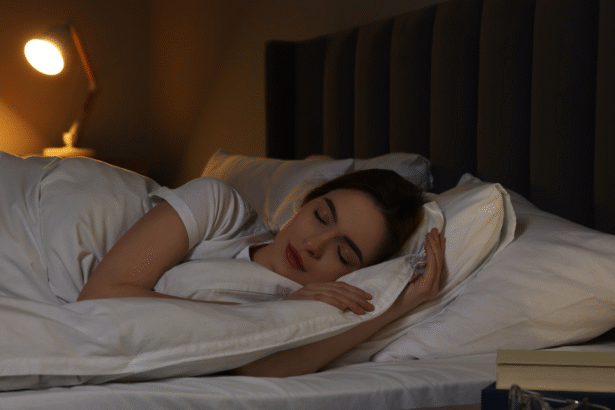Understanding IOP in Mental Health
IOP in mental health stands for Intensive Outpatient Program. This type of treatment is designed for individuals who require structured, consistent care but do not need 24-hour supervision in a hospital or residential facility. IOPs are a middle ground between inpatient hospitalization and traditional outpatient therapy, offering a higher level of support while allowing patients to live at home.
Purpose of Intensive Outpatient Programs
The main goal of an IOP is to help individuals manage mental health symptoms, build coping skills, and maintain stability in their daily lives. These programs are commonly used for conditions like depression, anxiety, bipolar disorder, post-traumatic stress disorder (PTSD), and substance use disorders.
How IOP Differs from Other Mental Health Treatments
Compared to Inpatient Care
Inpatient treatment involves round-the-clock care in a facility. IOPs, however, allow patients to return home after therapy sessions, enabling them to apply learned strategies in real-life settings.
Compared to Standard Outpatient Care

Traditional outpatient therapy typically involves one session per week. IOPs include multiple sessions weekly, each lasting several hours, providing more intensive and comprehensive treatment.
Key Components of an IOP
- Group Therapy: Encourages peer support and shared experiences.
- Individual Counseling: Personalized sessions to address unique needs.
- Skill Development: Techniques for stress management, communication, and problem-solving.
- Medication Management: For patients who require psychiatric medication.
- Relapse Prevention: Especially for those in recovery from substance abuse.
Benefits of an Intensive Outpatient Program
- Flexible scheduling to accommodate work, school, and family responsibilities
- Lower cost than inpatient hospitalization
- Strong support system from peers and professionals
- Ability to maintain independence while receiving intensive care
FAQs
1. How long do most IOPs last?
Most IOPs last 6–12 weeks, depending on progress and needs.
2. How many hours per week is an IOP?
They typically require 9–15 hours weekly, divided into multiple sessions.
3. Is an IOP only for substance abuse?
No, IOPs are also used for mental health conditions such as depression, anxiety, and PTSD.
4. Does insurance cover IOP treatment?
Many private and public insurance plans cover IOP services.
5. Can you work or go to school during an IOP?
Yes, IOP schedules are designed to allow participants to manage daily commitments while receiving care.
Conclusion
An Intensive Outpatient Program (IOP) is an effective treatment model for individuals who need more than standard therapy but don’t require full hospitalization. By combining structured therapy, skill-building, and professional support, IOPs empower participants to achieve long-term recovery while staying connected to their daily lives.













